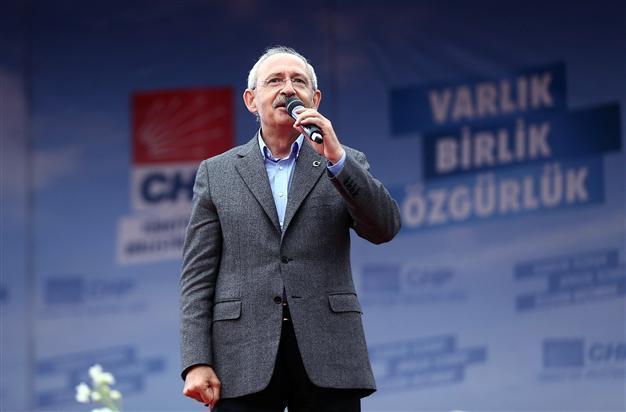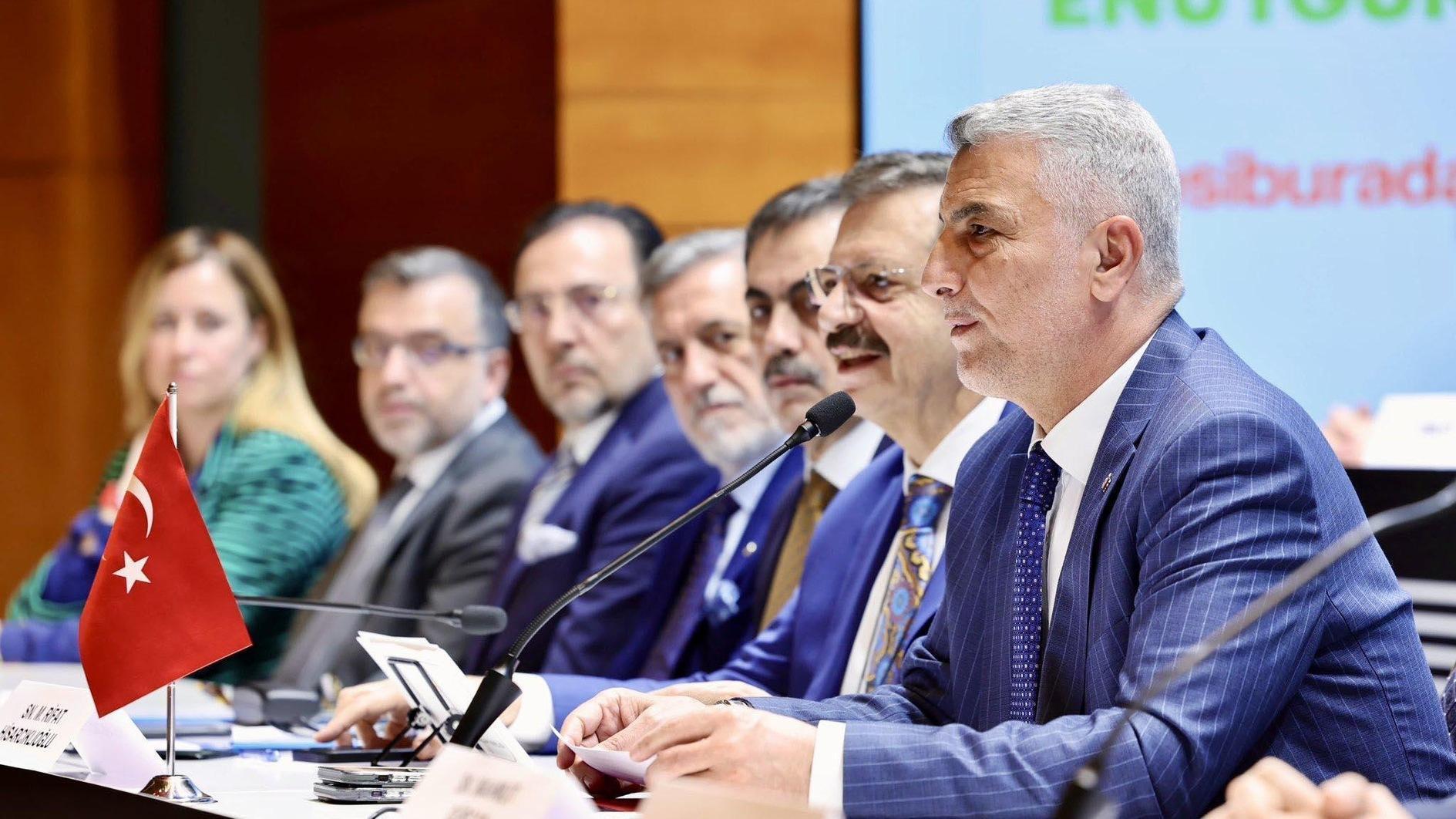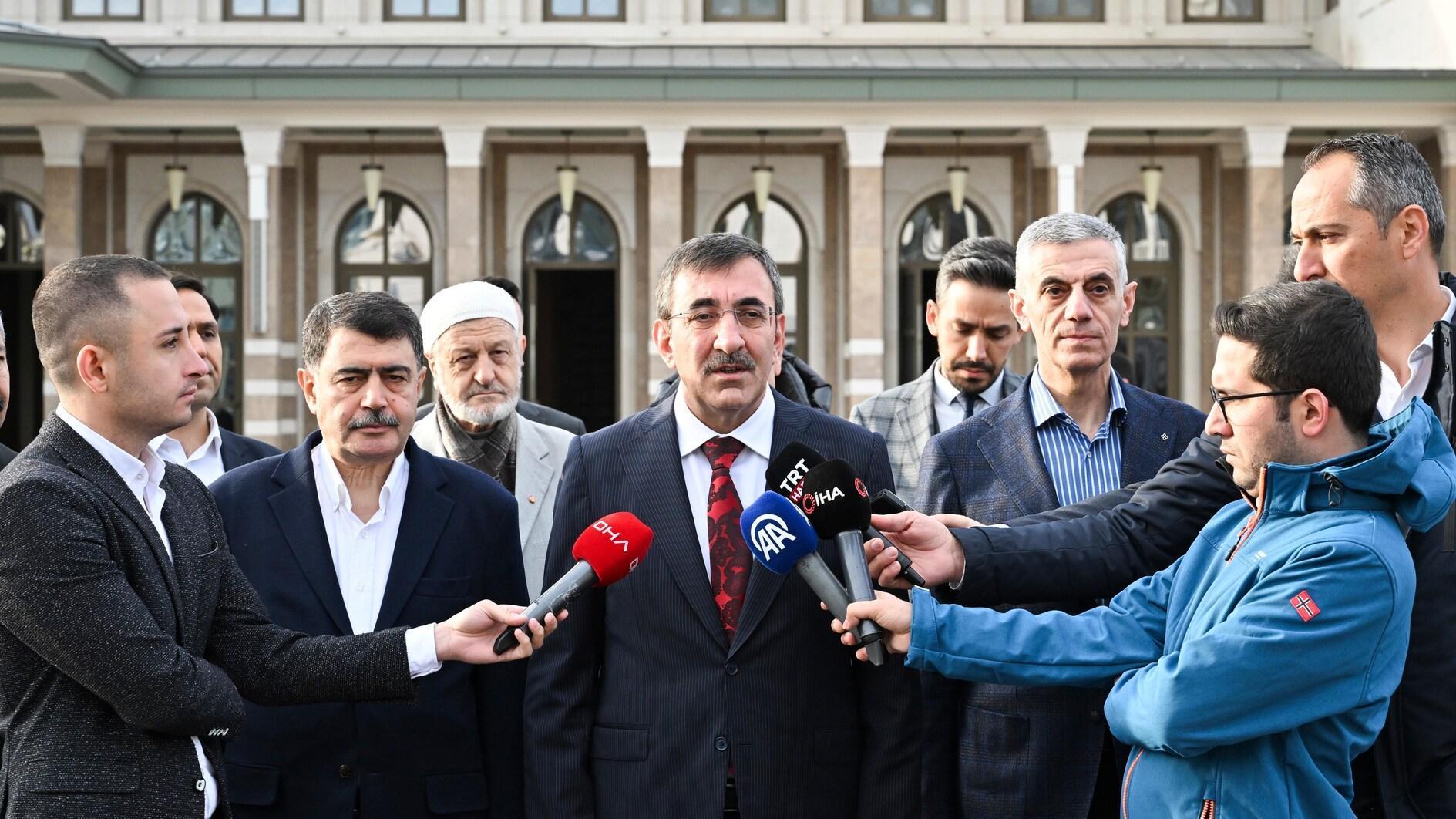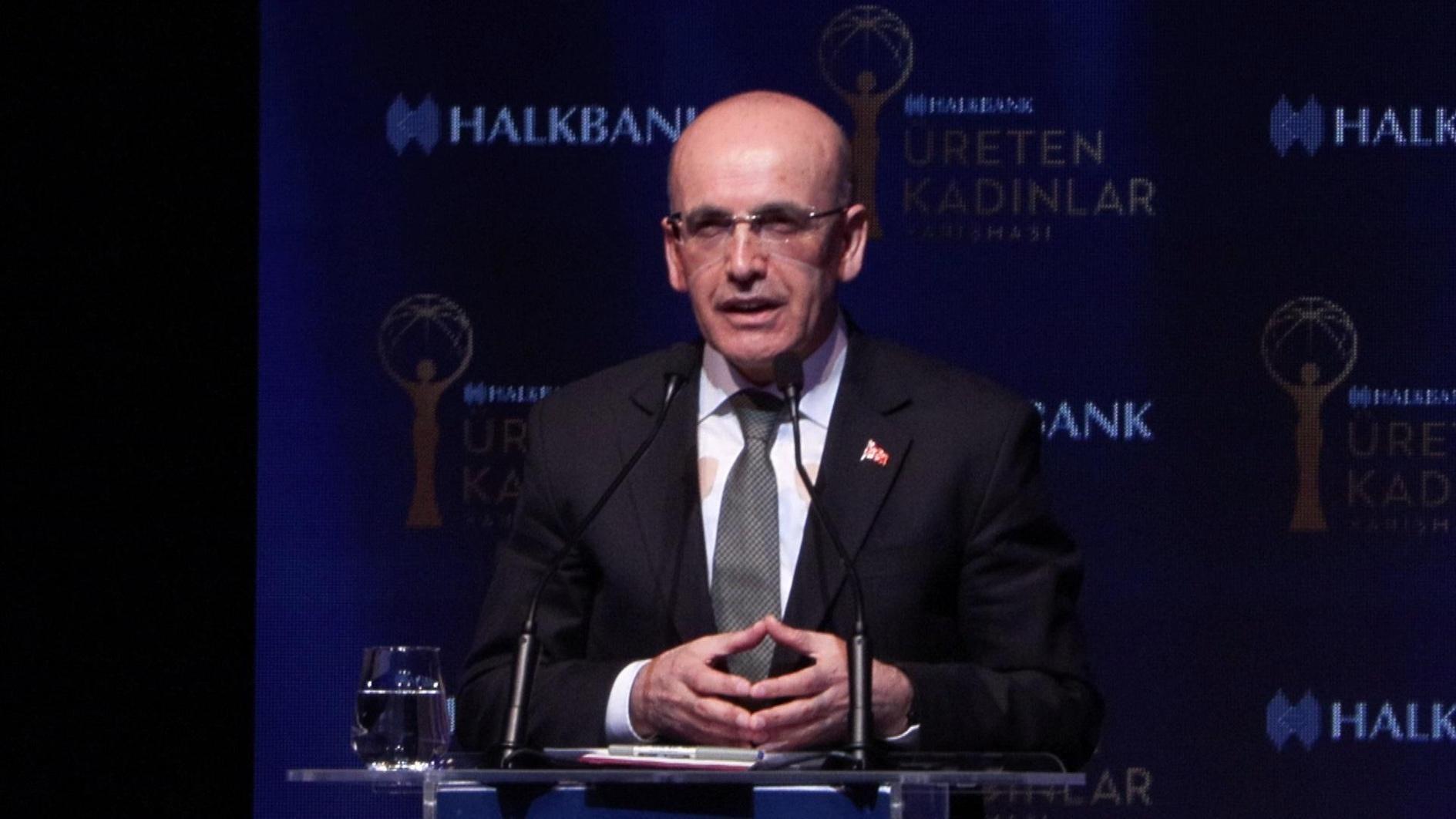A ‘civilian’ president should be elected, Turkey’s main opposition leader says
Deniz Zeyrek - Şükrü Küçükşahin HÜRRİYET / ANKARA

Kemal Kılıçdaroğlu, the leader of Turkey's main opposition Republican People's Party (CHP), addresses a crowd of supporters during an election rally in Ankara March 28. AFP Photo
Ruling out the rumors that his party could support a potential presidential bid by former Chief of General Staff Gen. İlker Başbuğ, the main opposition Republican People’s Party (CHP) leader Kemal Kılıçdaroğlu has said “a civilian should be elected as Turkey’s new president.”Başbuğ was labeled as a “suspect of terrorism” in the detailed ruling of the Ergenekon case issued April 3.
Kılıçdaroğlu has told daily Hürriyet that he predicts Turkey’s new president to be elected in the second round of the August presidential elections. “I say the new president shouldn’t have a party background or a political identity. He should be a civilian. We want a highly educated president who can read the global balance well; somebody that all citizens accept,” Kılıçdaroğlu added.
The CHP leader also repeated that he is open to a political alliance and a joint candidate with other parties against the ruling Justice and Development Party’s (AKP) presidential nominee, widely expected to be President Abdullah Gül or Prime Minister Recep Tayyip Erdoğan.
“I have a prediction about whom the AKP will choose as their candidate, but I don’t want to talk about it at this time. However, I can say that if it is the prime minister, I don’t think the people will elect him. A person who is stained like him can’t be president,” Kılıçdaroğlu said.
Kurdish support for the government’s candidate in the August presidential elections should not be taken for granted, the Peace and Democracy Party (BDP) deputy group head Pervin Buldan said April 3, adding that they expected concrete steps in the Kurdish peace process.
While evaluating the results of the March 30 local elections, Kılıçdaroğlu admitted his party should have attracted more votes in Turkey’s southeastern provinces where millions of Kurds live. “We developed a new discourse and sent delegations to the region. However, they [Kurdish voters] said they agree with us, but will still vote for the BDP. It is a sociological reality that we lost most of our [Kurdish] voters to the BDP. We want to win them back, but the BDP doesn’t want to let that happen,” the CHP leader argued.
Kılıçdaroğlu also said the CHP lost votes in the central Anatolia to the Nationalist Movement Party (MHP) as a result of the anti-AKP sentiments among the opposition’s electorate. “It is about displaying a stance against the government. Whoever was stronger against the AKP, [opposition] voters chose that party,” Kılıçdaroğlu suggested.
Although they criticize themselves over the poll results, the CHP leader said elections should be renewed in Ankara because of irregularities and fraud allegations. “This is the first time in our history of democracy that we have had such an election in Ankara with so much doubt cast [on the results at the ballots],” he said.
“After [the CHP’s mayoral candidate in Ankara] Mansur Yavaş pulled ahead on election night, suddenly votes started to come from Sincan and Gölbaşı [two Ankara districts where the AKP have many voters]. In reality, the counting in those districts had been completed long before. The judiciary should end these doubts,” Kılıçdaroğlu said regarding the fraud claims.
Emphasizing how hard it is to compete against the AKP, Kılıçdaroğlu also refuted Erdoğan’s claims that the CHP cooperated with the Gülen movement in the elections.
“The AKP is not a normal party. We’re challenging a state party with their governors, police, prosecutors and every state institution. We speak with all political parties and we don’t distance ourselves from anyone. However, we didn’t sit down with the Cemaat [the Gülen movement] for an election deal. We didn’t speak to them. Nor in the future will we cooperate with any religious community or religious order. We respect them, but we won’t cooperate with them.”
















